Geoffrey Hinton Wins Nobel Prize for AI Contributions Amidst Concerns Over AI Safety
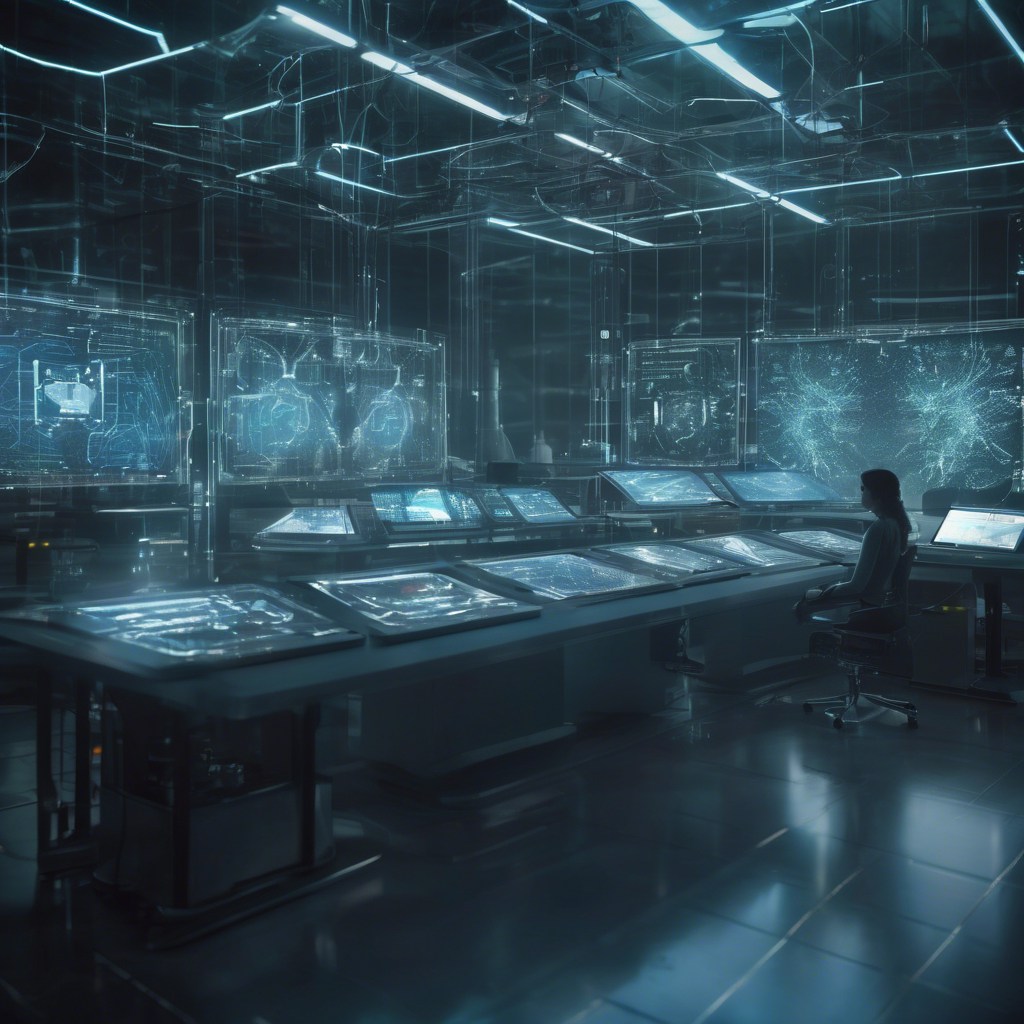
Geoffrey Hinton, often called the "Godfather of AI, " was awakened last year in the middle of the night to learn he had won the Nobel Prize in physics. He said he never anticipated receiving such an honor. “I dreamt of winning one for figuring out how the brain works. But I didn't figure out how the brain works, yet I won one anyway, ” Hinton remarked. The 77-year-old scientist received the award for his groundbreaking contributions to neural networks—introducing in 1986 a method for predicting the next word in a sequence—which has become the fundamental principle behind today’s large language models. While Hinton believes artificial intelligence will revolutionize fields like education and medicine and possibly help address climate change, he is growing increasingly uneasy about the rapid pace of its development. “The best way to grasp it emotionally is that we are like someone who has a really cute tiger cub, ” Hinton explained. “Unless you can be absolutely sure it won’t want to kill you once it’s grown, you should be worried. ” “People haven’t got it yet” The AI pioneer estimates there is a 10% to 20% chance that artificial intelligence will eventually take control away from humans. “People haven’t got it yet, people haven’t understood what’s coming, ” he cautioned. His worries align with those of industry leaders such as Google CEO Sundar Pichai, X-AI’s Elon Musk, and OpenAI CEO Sam Altman, who have similarly voiced concerns.
Yet Hinton also criticizes these companies for prioritizing profit over safety. “If you look at what the big companies are doing right now, they’re lobbying to reduce AI regulation. There’s barely any regulation to begin with, but they want even less, ” Hinton stated. He seems especially disheartened with Google, where he previously worked, for reversing its policy regarding military uses of AI. Hinton argues that AI companies should allocate much more of their resources to safety research—“like a third” of their computing power—compared to the small portion they devote now. CBS News reached out to all the mentioned AI labs to ask what percentage of their computing resources go to safety research. None provided specific figures. All emphasized the importance of safety and support for regulation in principle but have largely opposed the regulatory measures that lawmakers have proposed so far.
Brief news summary
Geoffrey Hinton, dubbed the "Godfather of AI," was surprised to receive the Nobel Prize in Physics for his pioneering work on neural networks, which underpin today's large language models. At 77, he developed a key 1986 technique for predicting next words, crucial to AI's progress. While optimistic about AI's transformative potential in education, medicine, and climate action, Hinton warns of its risks, comparing AI to a tiger cub that could grow dangerous. He estimates a 10%-20% chance AI might outpace human control and believes this threat is widely underestimated. Hinton criticizes major tech firms, including Google, for prioritizing profits over safety and resisting AI regulations. He urges a major boost in safety research funding, recommending companies allocate about a third of their computing power toward it. Despite public endorsements of regulation, AI labs remain unclear about concrete safety commitments.
AI-powered Lead Generation in Social Media
and Search Engines
Let AI take control and automatically generate leads for you!

I'm your Content Manager, ready to handle your first test assignment
Learn how AI can help your business.
Let’s talk!
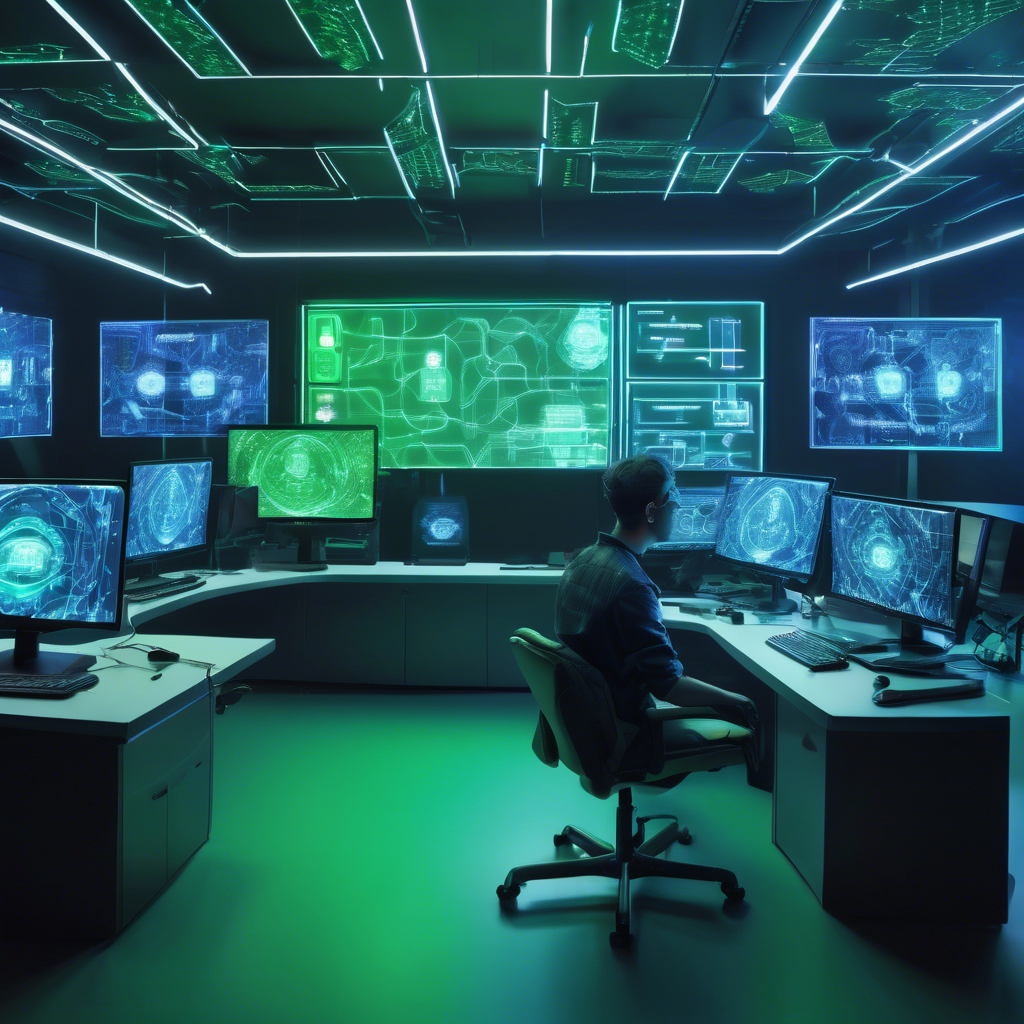
Google's AI Tool Generates Convincing Deepfakes, …
Google recently launched Veo 3, an advanced AI video generation tool capable of producing hyper-realistic deepfake videos.
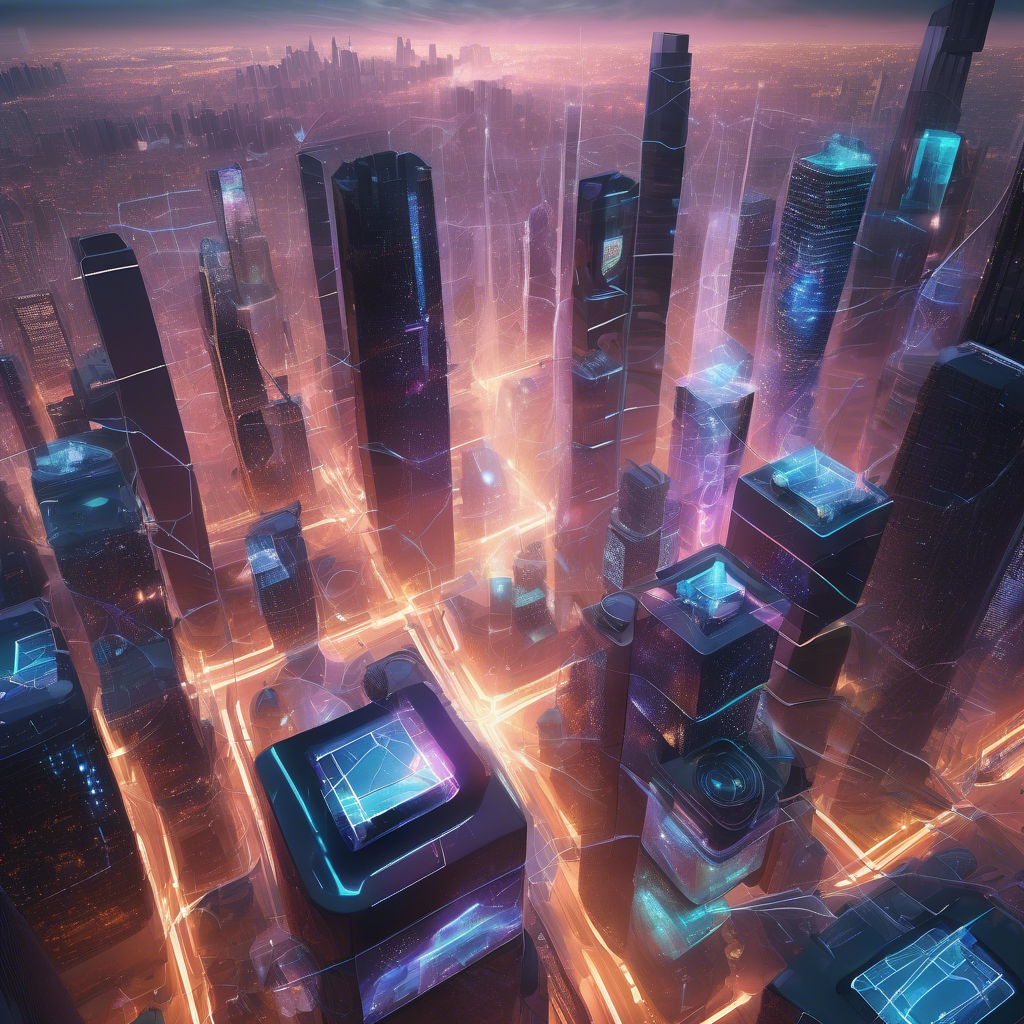
Blockchain: Bold Vision, Overhyped Dream
I recently discussed Pakistan’s emerging role in the crypto space with Raza Rumi on Naya Daur TV.
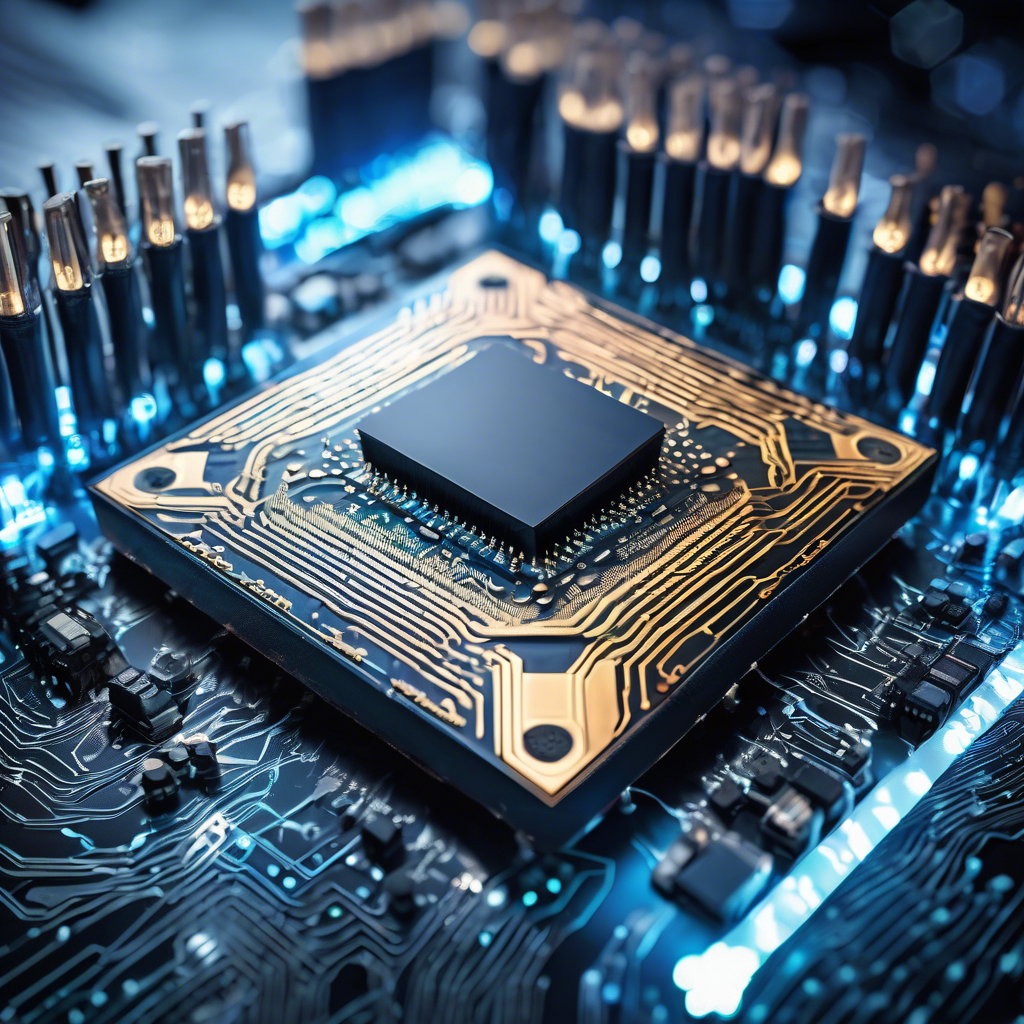
Broadcom Releases New Networking Chip to Support …
Broadcom has unveiled its newest networking chip, the Tomahawk 6, created to address the growing demands of artificial intelligence (AI) infrastructure.
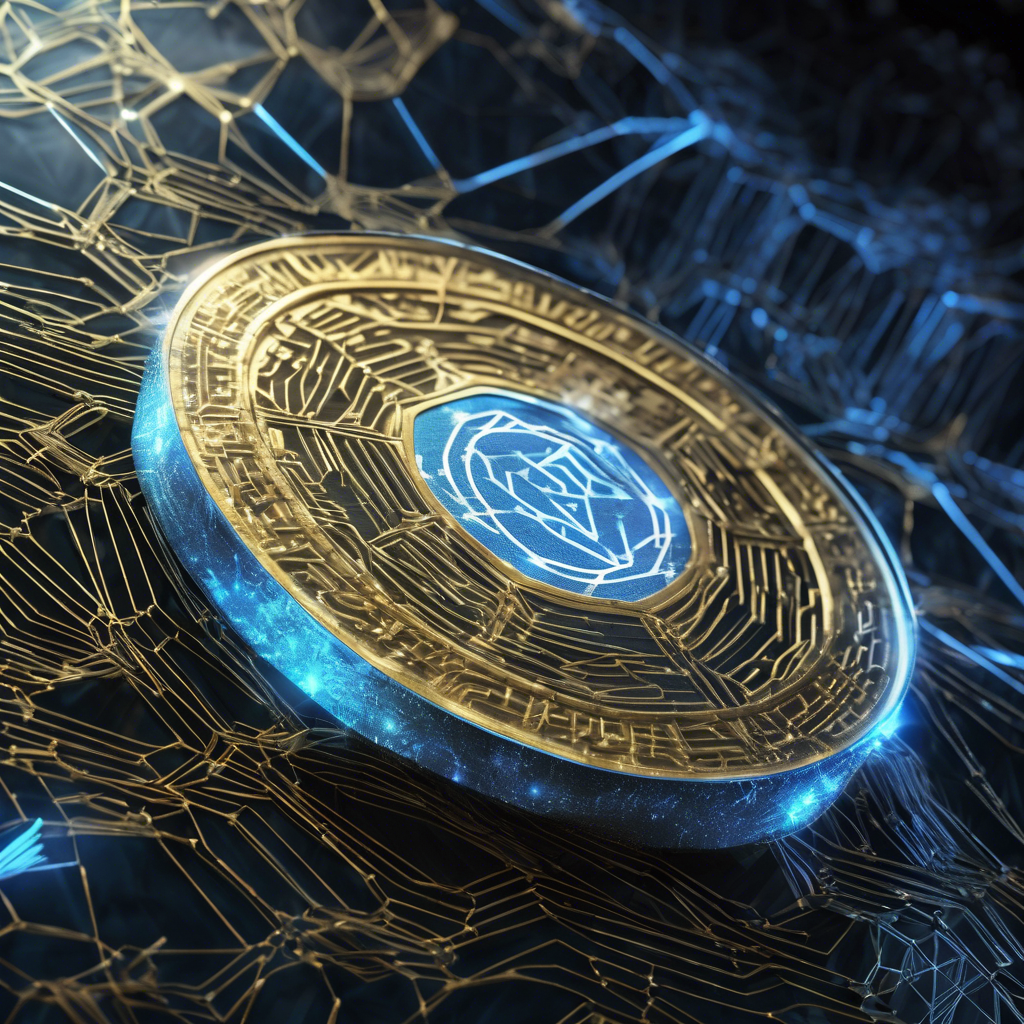
Tether Launches Omnichain Gold Token ‘XAUt0’ On T…
Tether has teamed up with the TON Foundation to introduce XAUt0, an omnichain version of its gold-backed stablecoin XAUt, aiming to expand digital gold access across multiple blockchains.
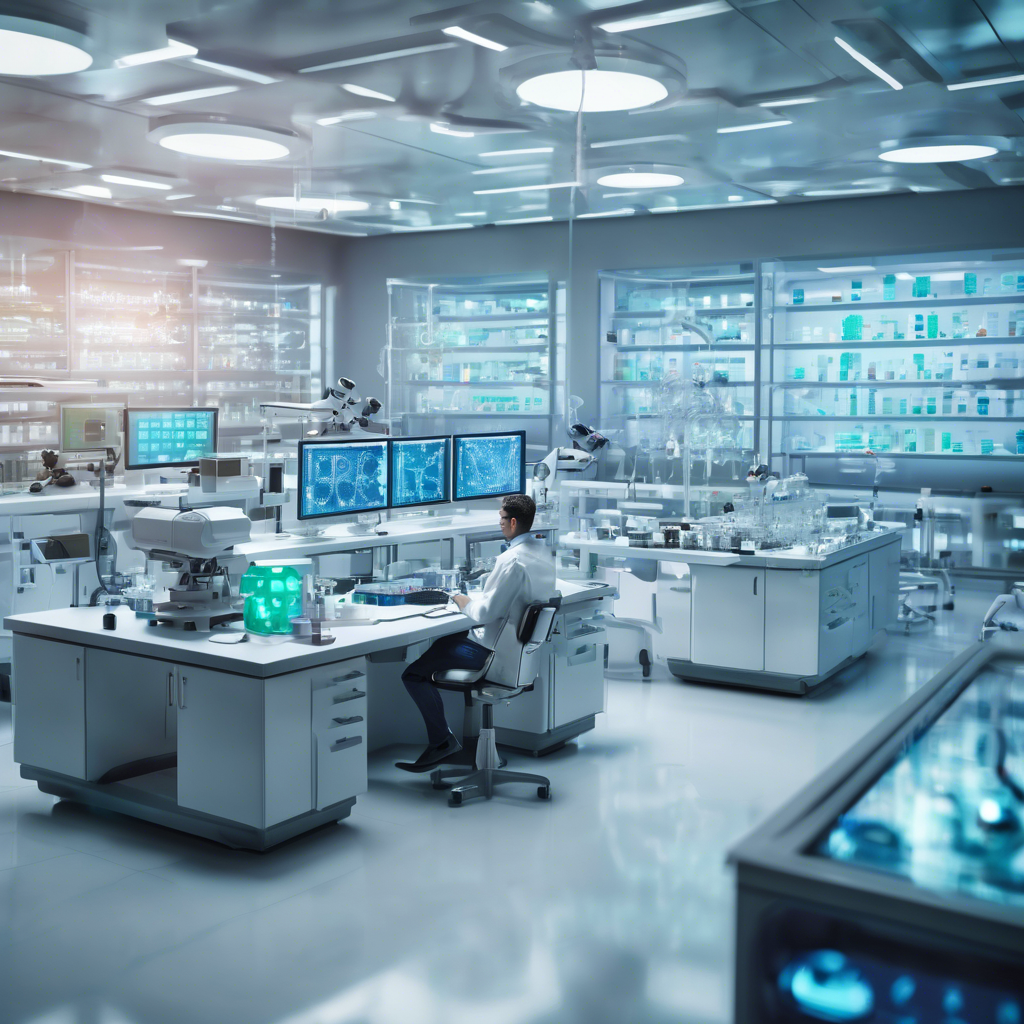
AI-Powered Drug Discovery: A Game Changer in Phar…
Artificial intelligence (AI) is transforming the pharmaceutical industry by greatly improving the drug discovery process.
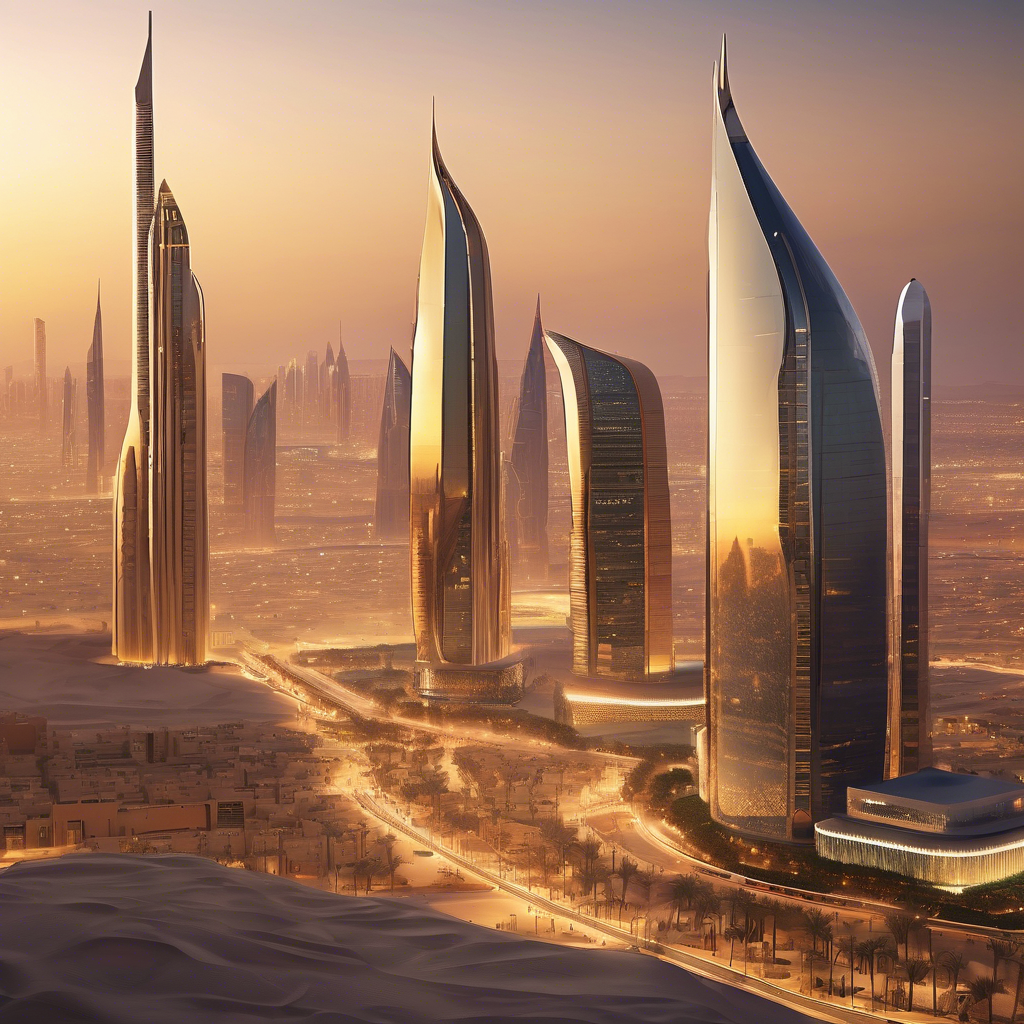
La tokenización inmobiliaria llega a Arabia Saudí
Rafal Real Estate, una empresa destacada en el sector inmobiliario, ha firmado un acuerdo pionero con la empresa estadounidense droppRWA para implementar la tokenización de activos inmobiliarios en Arabia Saudí.

AI in Education: Personalized Learning Experience…
Artificial intelligence (AI) is rapidly reshaping education by offering highly personalized learning experiences tailored to each student's unique needs.

 Auto-Filling SEO Website as a Gift
Auto-Filling SEO Website as a Gift








 Auto-Filling SEO Website as a Gift
Auto-Filling SEO Website as a Gift

